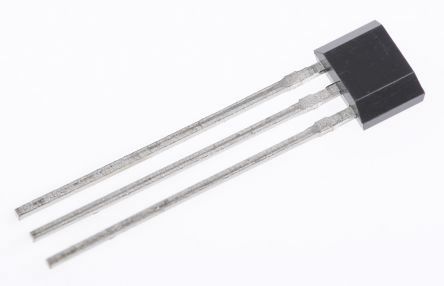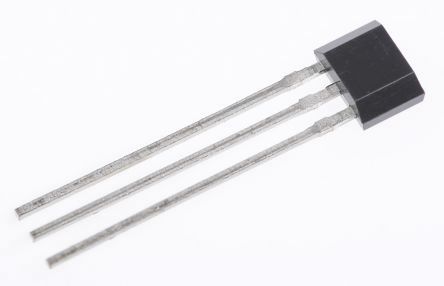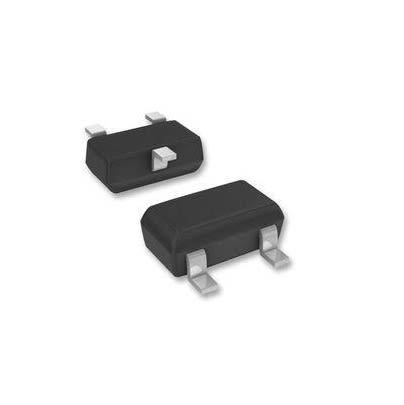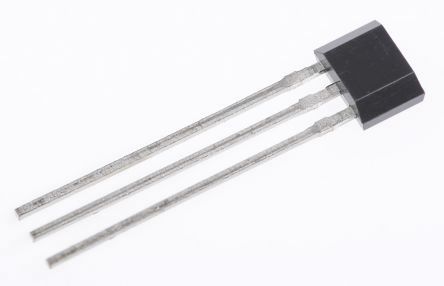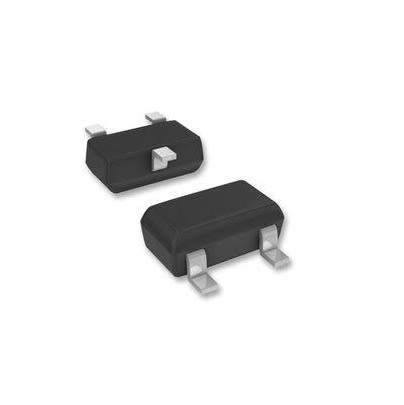- Automation & Control Gear
- Cables & Wires
- Enclosures & Server Racks
- Fuses & Circuit Breakers
- HVAC, Fans & Thermal Management
- Lighting
- Relays & Signal Conditioning
- Switches
- Batteries & Chargers
- Connectors
- Displays & Optoelectronics
- ESD Control, Cleanroom & PCB Prototyping
- Passive Components
- Power Supplies & Transformers
- Raspberry Pi, Arduino, ROCK, STEM Education & Development Tools
- Semiconductors
Diodeszetex Hall Effect Switches
Hall effect switches are electronic devices that use the Hall effect to detect the presence or absence of a magnetic field. The Hall effect is a phenomenon in which an electric current is generated perpendicular to both the direction of the current and an applied magnetic field when a conductor is subjected to the magnetic field.
Hall effect switches typically consist of a Hall sensor, which is a semiconductor device, and a magnet. When a magnetic field is present near the Hall sensor, it generates a voltage proportional to the strength of the magnetic field. This voltage can be used to trigger a switching action.
The operation of a Hall effect switch is based on the principle that the magnetic field affects the flow of current in the Hall sensor. When a magnetic field is absent, the Hall sensor produces a baseline voltage. However, when a magnetic field is applied, it causes a shift in the voltage level. This change in voltage can be used to turn on or off another circuit, such as a transistor, relay, or microcontroller, which controls various functions based on magnetic field detection.
What are the benefits of Hall Effect Switches?
- Non-contact operation: They can detect magnetic fields without the need for physical contact with the magnet, which allows for increased reliability and durability.
- Wide operating range: They can detect a wide range of magnetic field strengths, from weak to strong.
- Solid-state reliability: Since Hall effect switches are based on semiconductor technology, they are not subject to mechanical wear and tear.
- Fast response time: They can detect changes in magnetic fields quickly, enabling rapid switching operations.
- Low power consumption: They typically require very low power to operate.
Applications
- Proximity sensing
- Magnetic encoders
- Flow meters
- Motor control
- Automotive applications
- Consumer electronics
- Magnetic switches
- Security systems
